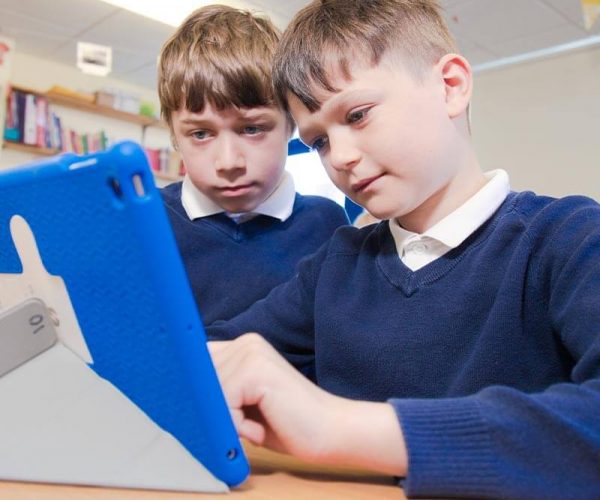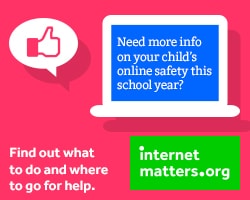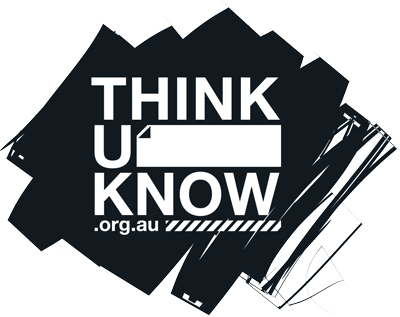Online Safety Advice for Parents

Supporting Parents
We want to support our parents by making them aware of issues using technology, so that they can be able to actively guide their children effectively and support them to become safe digital citizens. After all, there is a strong likelihood that our children’s future jobs will involve using technology that probably hasn’t even be invented yet.
CEOP and other experts in this field offer this advice and practical steps on how to protect and support their child if they are being cyberbullied.

Parents and carers play a key role in supporting children to learn about how to stay safe online, and they are one of the first people children turn to if things go wrong. Uk Safer Internet Centre know it can be difficult to stay on top of the wide range of sites and devices that young people use, so they hope that the following advice helps.
Four Steps:
- Have ongoing conversations with your children about staying safe online
- Use safety tools on social networks and other online services, eg Facebook privacy settings
- Decide if you want to use parental controls on your home internet
- Understand devices and the parental control tools they offer in our Parents’ Guide to Technology
For further information see the saferinternet.org site
Report Harmful Content (RHC)
The RHC button is an asset of SWGfL, a charity working internationally to ensure all benefit from technology, free from harm.
The button has been developed to offer anyone living in the UK a simple and convenient mechanism for gaining access to reporting routes for commonly used social networking sites, gaming platforms, apps and streaming services alongside trusted online safety advice, help and support. It also provides access to an online mechanism for reporting online harm to the RHC service for those over the age of 13 where an intial report has been made to industry but no action has been taken. RHC will review content in line with a sites’ community standards and act in a mediatory capacity where content goes against these.
Children under 13 years of age are encouraged to tell an adult that they trust about what has happened and to ask for their help in reporting this going through our how we can help resource together.
RHC also have advice and links to reporting routes for other online harms people may come across or face, such as impersonation, privacy violations and intimate image abuse.
The RHC button provides a gateway to the RHC reporting pages, an area of the RHC website offering:
links to reporting routes on commonly used sites for 8 types of online harm
help, advice and support on what to do if experiencing or witnessing harm online
signposting to industry partners reporting forms and the ability to reportlegal but harmful content directly to RHC for further investigation
Reporting to RHC
Reports can be made 24/7 through the online reporting forms and helpline practitioners will review and respond to reports within 72 hours between 10am and 4pm Monday to Friday.
Reports can be made to RHC by anyone over the age of 13. SWGfL operates 3 helplines and to be sure you’re getting the right support take a look at the Helpline flowchart to find out who can best support you.



